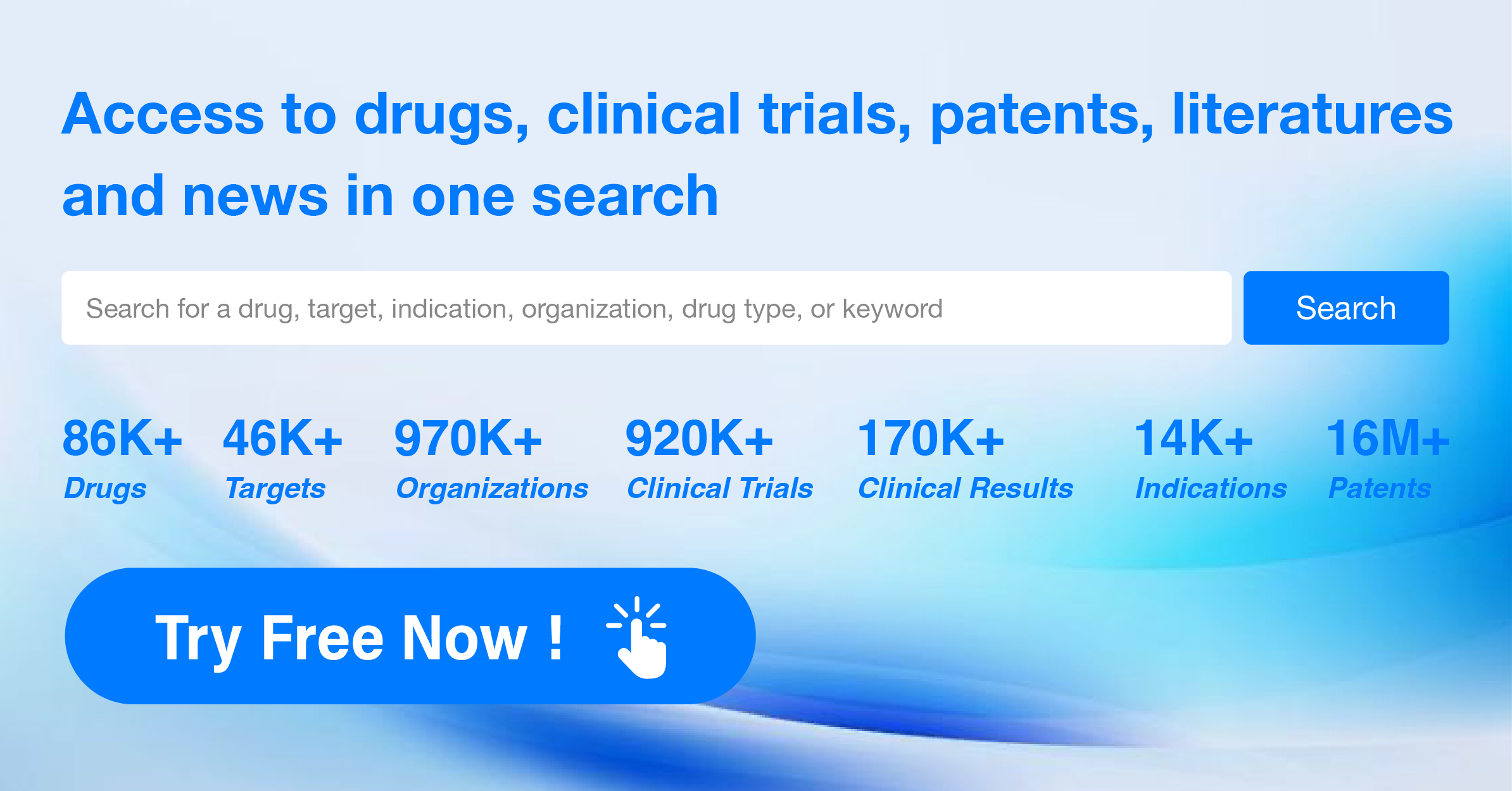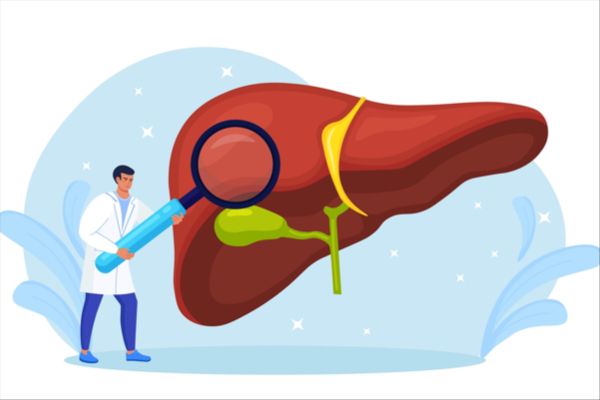Positive Early-Stage Results for Stoke's Genetic Epilepsy Therapy Boost Stock
Stoke Therapeutics has announced encouraging results from its Phase I/IIa clinical trial for a treatment candidate, STK-001, for Dravet syndrome, a severe genetic form of epilepsy. The company's stock price surged by 98% following the positive data. The trial showed that patients treated with a 70-mg dose of STK-001 experienced a significant median reduction of 85% in convulsive seizures after three months, when added to their existing anti-seizure medications. An open-label extension study demonstrated that continued treatment with 30 mg and 45 mg doses led to sustained seizure reduction and significant improvements in cognitive and behavioral functions over a period of 12 months.
These findings are particularly notable as they contrast sharply with a natural history study that indicated most patients with Dravet syndrome do not experience a meaningful decrease in seizures and often face deteriorating cognitive and behavioral functions, even when treated with anti-seizure drugs.
The FDA has approved the continuation of the treatment with three doses of 70 mg, followed by a maintenance dose of 45 mg. Stoke Therapeutics is planning to discuss a registrational study based on this treatment regimen with the FDA.
Dravet syndrome typically emerges in infancy and is marked by frequent, prolonged, and often treatment-resistant seizures, including those that can be fever-induced. The condition has a higher mortality rate compared to other forms of epilepsy, with a significant proportion of affected children not surviving into adulthood. Additionally, most children with Dravet syndrome experience intellectual disabilities and developmental delays.
Currently, there is no cure for Dravet syndrome, and the available anti-seizure medications often fail to provide adequate seizure control. Stoke's STK-001 has the potential to become the first disease-modifying treatment that targets the genetic root of Dravet syndrome. The therapy, delivered via spinal tap, is an antisense oligonucleotide that utilizes the non-mutated copy of the patient's gene to restore the function of the deficient sodium channel protein, offering a fundamentally different approach from existing treatments that focus on reducing abnormal brain electrical activity.
In related news, Encoded Therapeutics received FDA approval for its Dravet syndrome gene therapy candidate in February 2024. The company's one-time gene regulation therapy is designed to target the SCN1A gene, with a Phase I/II clinical trial set to commence in the first half of this year.
How to obtain the latest research advancements in the field of biopharmaceuticals?
In the Synapse database, you can keep abreast of the latest research and development advances in drugs, targets, indications, organizations, etc., anywhere and anytime, on a daily or weekly basis. Click on the image below to embark on a brand new journey of drug discovery!




